OCD Isn’t an Adjective
Photo courtesy of YouTube
A regard for basic hygiene is not symptomatic of a mental health disorder, nor is your color-coordinated stationery set.
Story by Holly Thomson
Gif courtesy of Giphy
The seventh of September 2013 signified two changes in my life: the start of a new school year and the end to a three month waiting list. “How was your summer?” was a question I wasn’t sure how to truthfully address, primarily because “oh you know, my irrational behaviors made me too embarrassed to socialize, also I think my brain broke around June-ish” would probably make my peers uncomfortable.
On the way to my appointment that afternoon, I rehearsed how I could explain the intrusive and morbid thoughts to a psychologist. Anything I rehearsed sounded so illogical that I already felt ashamed. When I began to explain, I soon realized there is no such thing as too “strange” for a psychologist and shame seemed more irrational than the thoughts themselves.
After two hours of interrogation and questionnaires she asked if i knew what obsessive compulsive disorder was. I was taken aback. How could this be OCD? Doesn’t OCD refer to efficient organizational skills? Or when you flush the toilet with your sleeve?
I had never thought beyond those stereotypes or considered their harmfulness until I was diagnosed with it. The stereotypes of mental health disorders are harmful: misconception leads to unawareness, which leads to stigmatization. That’s not to say that OCD doesn’t manifest itself in rituals around organization and hygiene, because it very often can. But when you can’t relate your symptoms to information on mental health, it is not only isolating, but it can also delay the process of seeking professional help.
So where do these stereotypes around OCD get bounced around? Everyday conversation.
When you see products literally branding themselves with this adjective (type “OCD Chef cutting board” into a search engine, I dare you), it’s commonplace to associate OCD with words like perfectionism and precision. “Obsession” has many different strands and perfectionism is one of them, but the issue is that it can detract from the taboo corners of obsession, such as the religious, sexual and harm-based OCD. My relationship with OCD feels distant from the connotations of perfectionism because there is no sense that I am achieving or striving towards something. I can feel completely stuck.
Attributing OCD to a situation (cue the “[insert vague annoyance] is giving me OCD” compilation) implies a sense of temporality when it is in fact relentless. It never shuts up. The voice of warning can echo inside the amphitheatre of your brain if you don’t comply with its demands. The only temporary thing about OCD is the relief you get from giving into compulsions. But, like that flesh-eating plant in “Little Shop of Horrors,” it seems the more you feed the obsession, the more control OCD will have over your life.
The truth is, we are bombarded with misinformed tropes of mental illness in everyday culture. Whilst the internet has been a space in which the weather is labeled “bipolar,” “triggering” is used comically and organizational prowess means “OCD.” However, the internet can also be used productively. With memes becoming an increasingly popular medium for discussing mental health, discourse that dismantles the OCD adjective can enter the spotlight.

